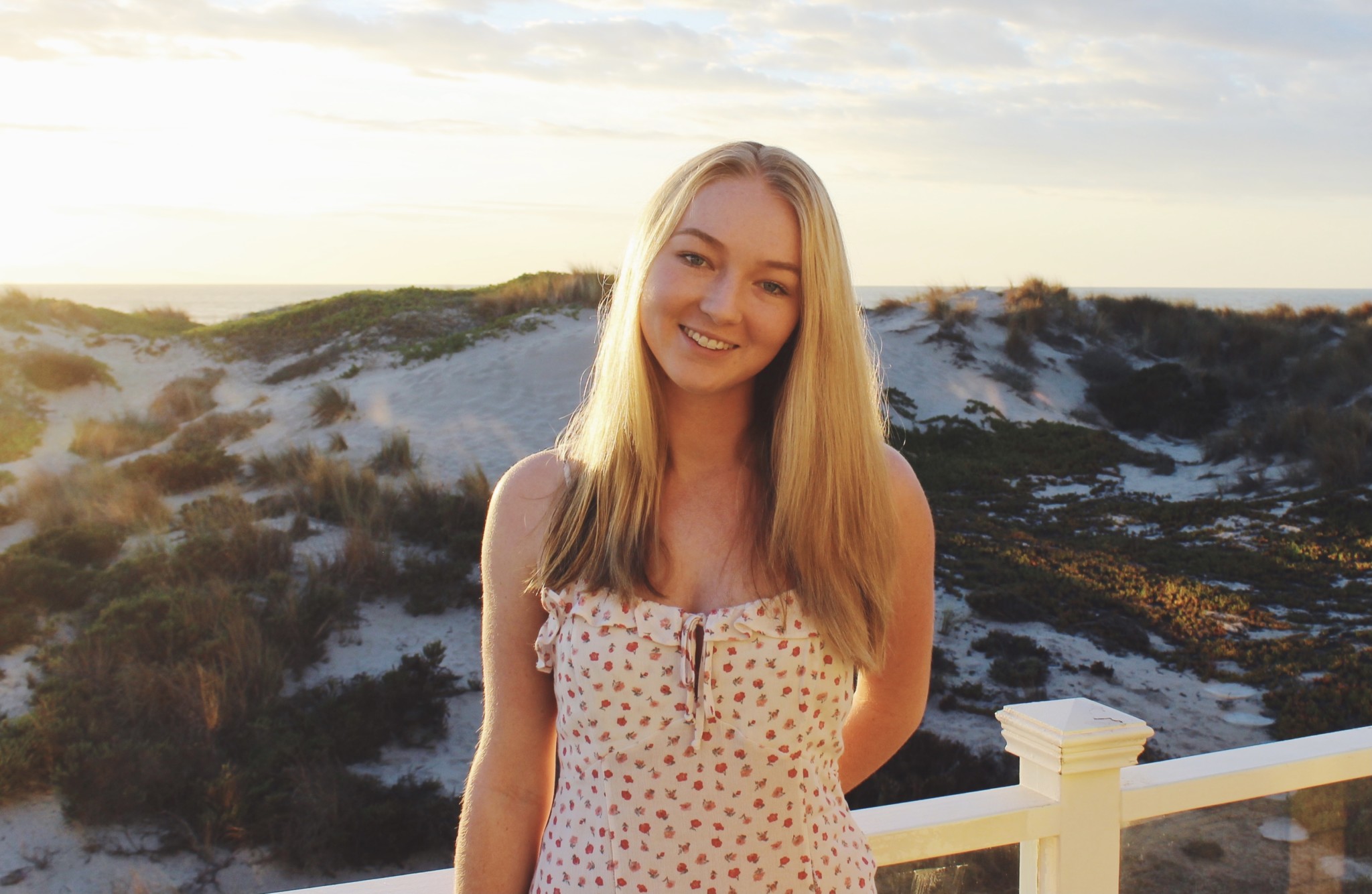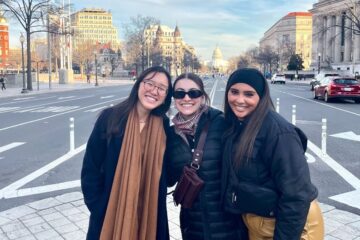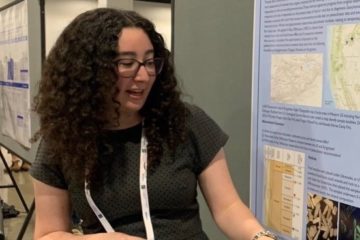Clare Boldt ’22 received a We Act Grant for the summer of 2021. Read her testimonial below about her experience conducting research focused on the siblings of autistic individuals with the Claremont Autism Center.

This summer I spent three months working on research with the Claremont Autism Center (CAC) focused on typically developing siblings of autistic individuals. The Claremont Autism Center is a behavior treatment and research program for autistic children and their families located on CMC’s campus. I worked alongside Dr. Gumaer and a CGU graduate student, Alanna Dantona-Sherer. Our project specifically studied the common experiences of being a sibling as well as assessing a pilot sibling support program conducted virtually during the Fall 2020 semester.
I became involved with the CAC my sophomore year at Scripps. My older brother was diagnosed with ASD at age 3. Growing up with an autistic brother gave me unique insight and ultimately led me to want to work with this population. During Fall 2020, the CAC decided to continue offering their services through a virtual format. Over the summer, Dr. Gumaer (the interim head at that time of the center) informed me that they were developing a sibling support group, based on her dissertation which found that many parents at the Center wanted programming dedicated to their typically developing child. I immediately wanted to be involved. Throughout the fall, I led curriculum sessions focused on specific topics (such as nonverbal communication) and helped guide a group discussion among the siblings. This community of siblings was exactly what I wished I had been a part of during my childhood.
During the summer, one of my first tasks on this project was to develop a literature review aimed to specifically research other sibling support groups. Not to my surprise, sibling integration in therapy programs is fairly uncommon and sibling support groups dedicated solely to the TD children are extremely rare. Moreover, during the Covid-19 pandemic, many autism therapy programs closed down or drastically reduced their services. The Claremont Autism Center was unique in continuing almost all their services on zoom. Plentiful research has come out showing that the mass reduction in services due to Covid-19 lockdowns was extremely challenging. One of my other early tasks was to transcribe all the support group sessions from last fall. While this process was lengthy, I found it helpful as I may be using a similar method on my thesis during my senior year. After transcribing all the videos, my team and I conducted qualitative data analysis. We separately read through each transcript and identified common themes based on the discussions among the siblings. I categorized quotes into a particular topic, such as sibling frustration related to language.
After meeting with the team, we identified the most common topics were: Positive indicators of sibling relationship, negative indicators of sibling relationship, core characteristics of ASD, and strategies to handle sibling conflict. Under these umbrella themes are more commonly discussed topics that we will look at. For example, for positive indicators of sibling relationship some specific topics we will look at the importance of humor, play, affection, and verbalization of love. For negative indicators of the sibling relationship, many kids talked about name calling, physical fighting, threatening behaviors, and overall aggression. During the support group, kids also discussed their frustration with their sibling’s behaviors (often behaviors that are core characteristics of ASD–such as repetitive language and actions).
Going forward, we aim to further analyze the role of gender, ethnicity, sibling age relation (being the younger or older sibling), and severity of their sibling’s diagnosis. Based on our research, we believe that sibling support programs are highly beneficial to both the sibling and their family. This research is intended to provide awareness to common sibling experiences which can guide intervention protocols and autism programs. I am so thankful to have worked on this research, as it taught me valuable skills about the research process, working as a team, and following my passions.
Although the summer has ended, my work on this project is far from finished. I will continue working on analyzing our results and developing a paper ready for publication. Beyond this specific project, I aim to continue studying the dynamics of sibling dyads at the CAC during my senior thesis. I hope that this research will encourage other autism centers to create programming dedicated to the entire family, including siblings and parents.

